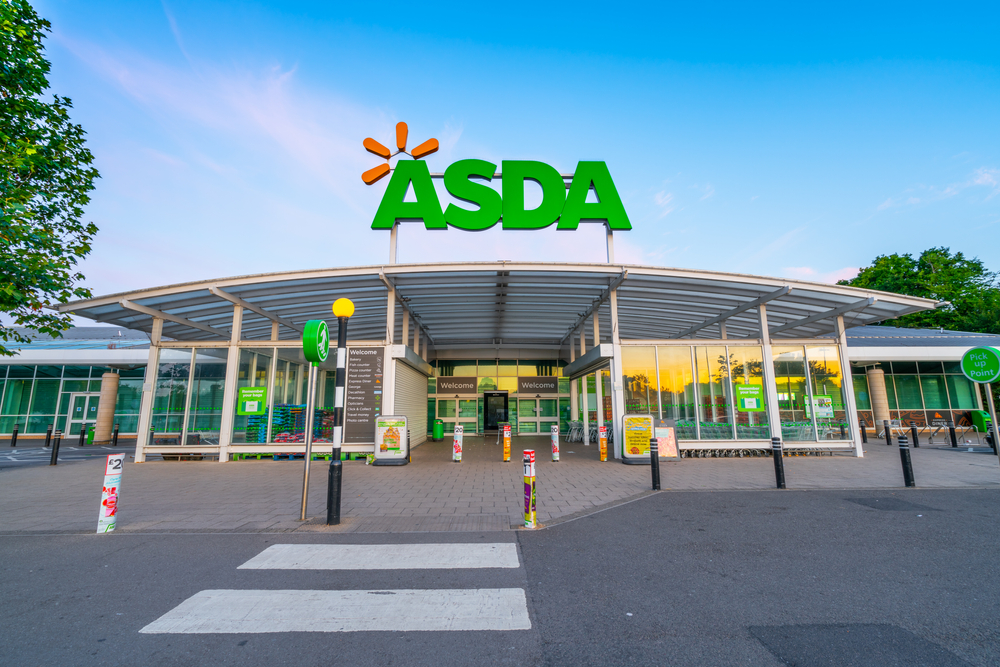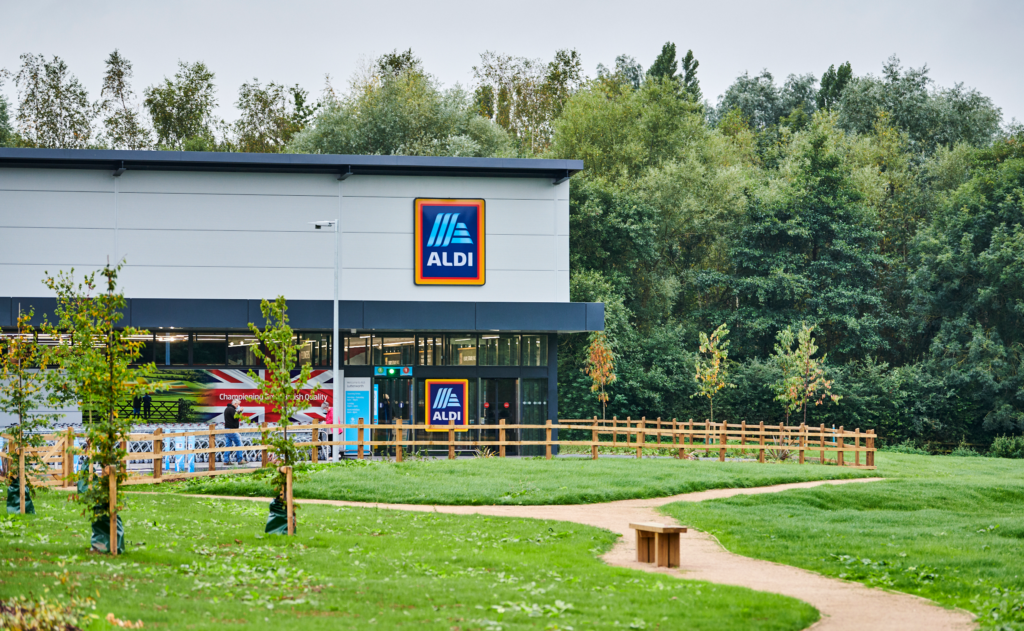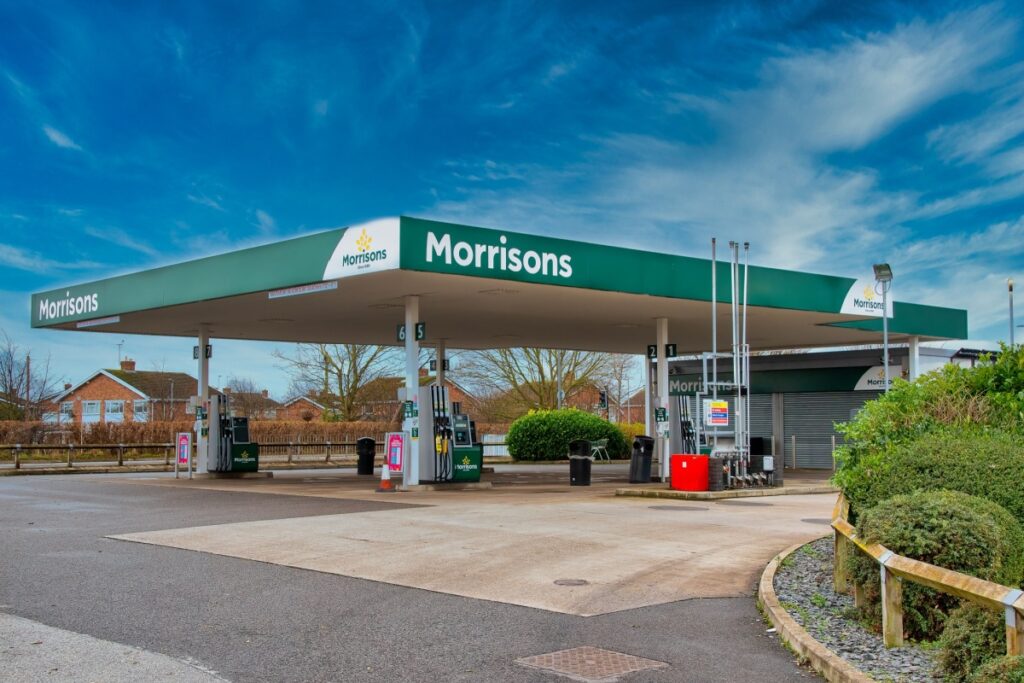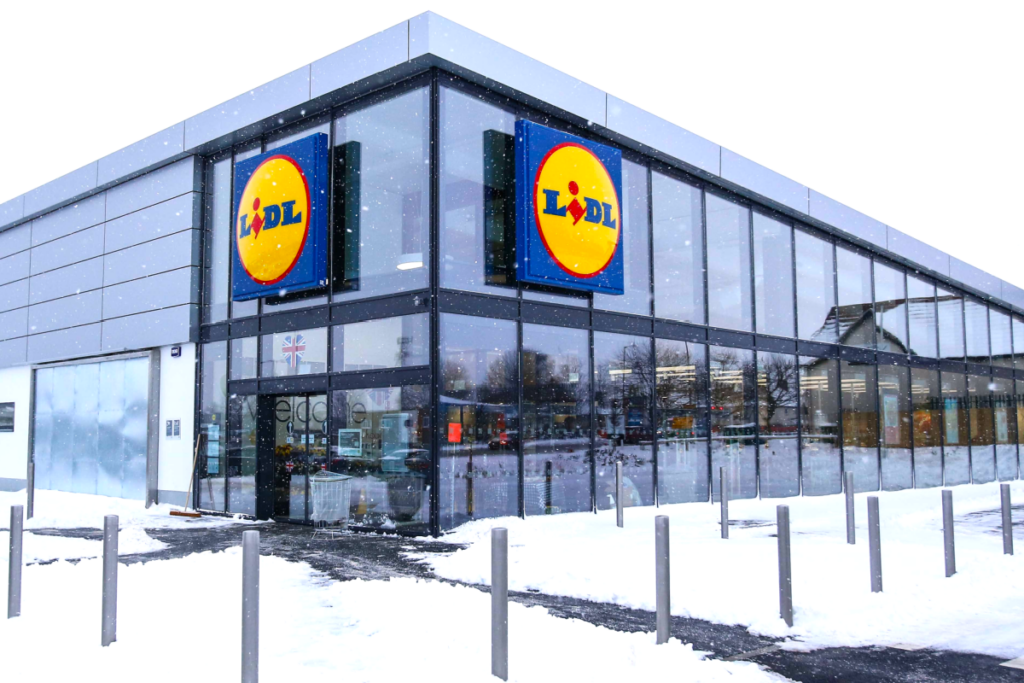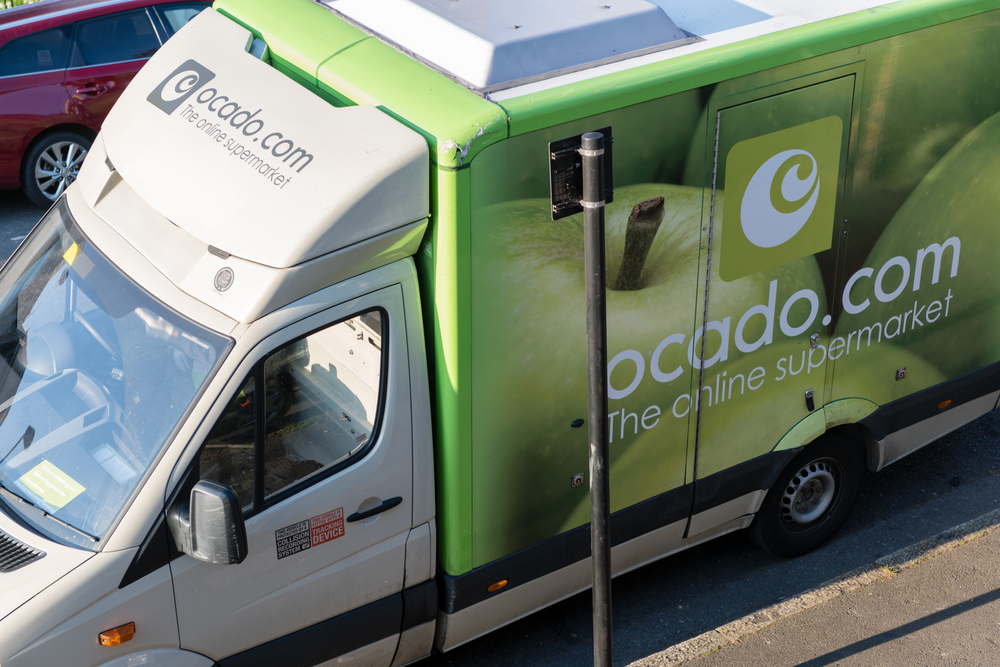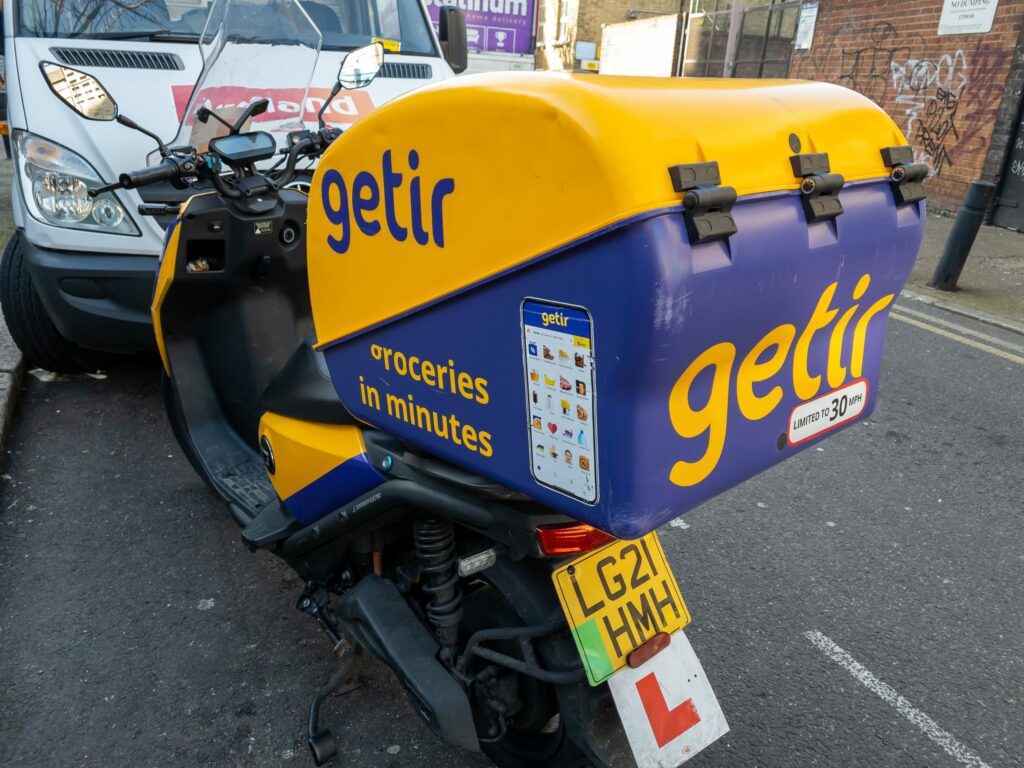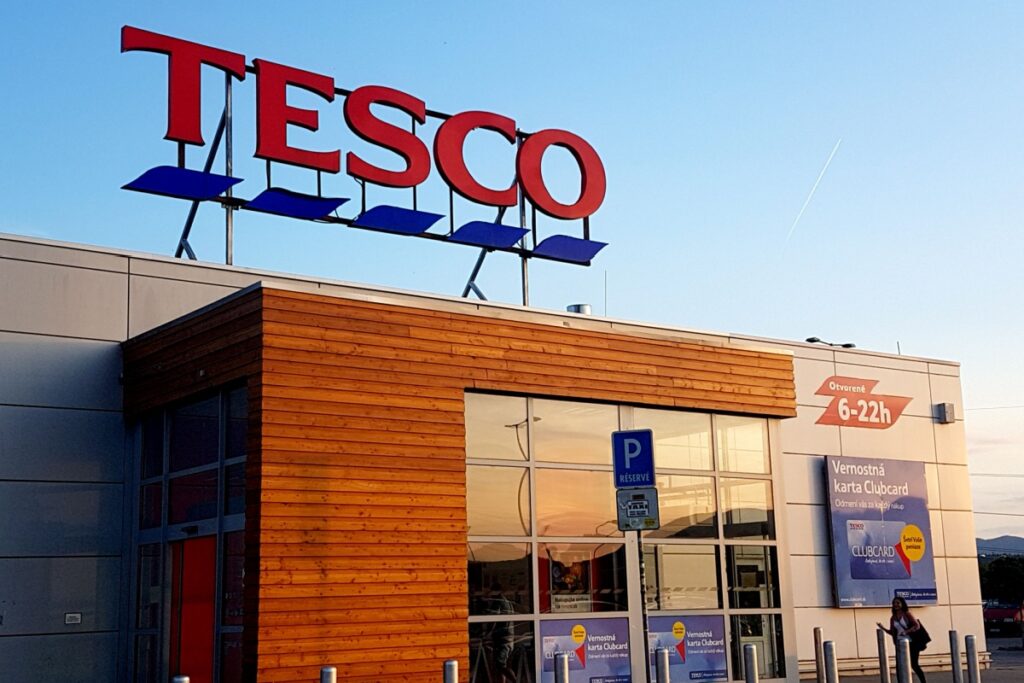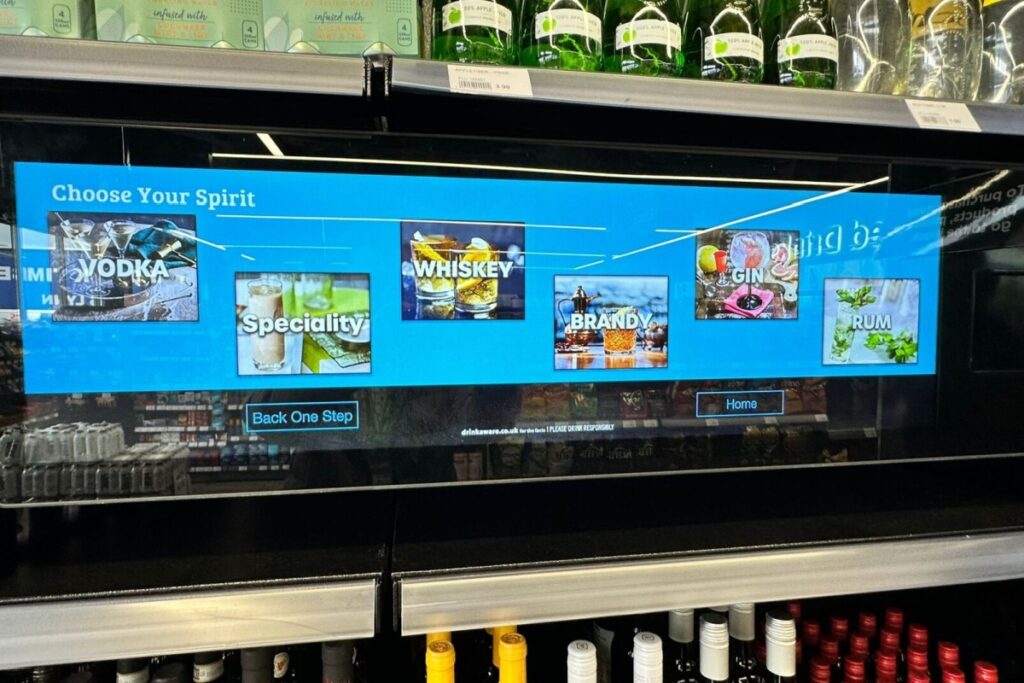Asda made some bold claims today when it confirmed its well-trailed merger with EG Group.
The grocer termed the merger “transformational” as chair Lord Rose vowed it would become “a consumer champion like the UK has never seen”.
But what does the £2.27bn deal really mean for both the supermarket and shoppers?
What next for Asda/EG?
The deal, which includes 350 petrol filling stations and more than 1,000 food-to-good sites, will turbocharge Asda’s push into convenience and foodservice.
Convenience has been a focus of the grocery giant since the Issa brothers took over. The grocer is a late-mover in this growing part of the retail market but already has grand plans on this front.
It will open 300 convenience stores by 2026 and even bought 132 forecourt sites from Co-op in late 2022, further expanding its potential convenience store footprint.
Shore Capital director Clive Black says he currently views the supermarket as a “sound but unremarkable player” in convenience but that is all about to change as it converts the raft of petrol station stores it has just acquired.
“Whilst largely rebadging, Asda is clearly, finally, serious about a presence in the UK convenience scene, albeit it has much to do to be best in class against experienced and effective competitors with most of the best non-forecourt sites taken long ago”, says Black.
The retailer already has 166 Asda on the Move stores in the EG estate, and co-owner Mohsin Issa says it has seen a “significant uptick in sales” in converted stores, which gives it confidence in the wider rebadging.

GlobalData analyst Joe Dawson says: “The convenience channel has been a key weakness for Asda historically, as its predominantly larger store focussed approach has left it playing catch up to other supermarkets that reaped the benefits of the increased demand for convenience brought about by the Covid-19 pandemic and consumers’ increasing preference for local top-up shops.
“These acquisitions will see a rolling out of more Asda Express stores and will likely be a major source of growth for Asda in coming years.”
The merger will also allow the retailer to push further into foodservice, an area of expertise at EG UK, with the opportunity to push brands like Leon, which EG owns, in Asda stores.
Dawson says: “EG Group’s foodservice partnerships will be useful to Asda in improving its in store experience for consumers, adding food courts to superstores to counterbalance the trimming of its ranges and provide a new path to attracting and retaining new customer.”
There are good reasons for Asda to get into both convenience and foodservice, estimated by Euromonitor to be worth around £40bn and £62bn respectively.
Hybrid working has led to a rise of local shopping, whilst the demand for food for immediate consumption or to be eaten the same day is also a growth area as consumers top-up their weekly shops.
Shoppers are also increasingly prioritising food-to-go and takeaway options due to busy lifestyles.
Meanwhile, convenience stores that offer a range of value-added services from post offices to parcel pick up are also driving footfall.
Asda believes that serving this booming demand will unlock growth.
Rose says: “Throughout my career in retail – one thing has always been true, that meeting the evolving needs of customers is the route to growth.
“This transaction is all about driving growth by bringing Asda’s heritage in value to even more communities and accelerating the growth of its convenience retail business.”
Can Asda deliver value for shoppers?
On the value front, Asda claims the merger will boost its credentials.
It has committed to having the lowest supermarket fuel prices. Whilst grocery prices can fluctuate from product to product, there is no place to hide with fuel prices.
However, cheap petrol has long been a footfall driver for supermarkets. What will happen to grocery prices at Asda stores?
Concerns have been voiced that the additional debt piled on the retail giant in order to acquire EG UK would hinder its ability to compete.
The grocer fell behind last year as it struggled to compete in a market driven by price, however, Asda has reversed this of late with some big price investments, notably in its Just Essentials range and its Rewards scheme.

In fact, Asda like-for-likes grew 7.8% in the three months to the end of March, with total sales, excluding fuel, up 8% to £5bn.
Rose clearly wants this good run to continue and defended the grocer against claims it would once again be forced to raise prices to service its growing debt pile.
“It will not lead to higher prices as a result of this transaction, that is rubbish,” he says.
“We will be what we aim to be and what we’ve always been – a highly competitive player in the sector. And that’s the only way that you will attract, retain and grow with customers.”
Weighed down by debt
However, there is no denying that the deal is saddling Asda with extra debt.
The GMB union has urged the trade secretary to intervene and get the CMA to probe the deal which national officer Nadine Houghton says will leave the grocer with a “massive, unsustainable debt burden”.
“Allowing it to go ahead would be deeply irresponsible…it risks the jobs of more than 100,000 employees,” says Houghton.
“As one of the largest private sector employers in the UK, the future sustainability of the business is a matter of national, public interest.”
The proceeds from the deal, along with the £1.1bn made from the sale and lease back of its sites on the east coast of the US, will be used to pay down EG Group debts. It is thought around £7bn was due to be repaid in 2025.
Orwa Mohamed, analyst at investment research firm Third Bridge, says the primary driver for the deal is “the need for debt refinancing”.
“The merger appears to be the most logical option when weighed against the costs associated with alternative actions.
“Without this merger, EG Group would have to either refinance its debt in considerably more expensive debt markets or opt for listing on the equity markets, albeit at a lower valuation than the potential that could be attained.”
However, Rose has hit back and insists the primary driver of the deal is to create a business that is a “multichannel champion” with “scaling up opportunities”.
“Now, if as a consequence of that, you’ve also got the opportunity of deleveraging on the upside, then what’s wrong with that?” he says.
The deal is being funded by a combination of debt and equity, with £450m of equity provided by Asda’s shareholder added to £770m of term loan debt and £1.1bn from property-related transactions.
Black flags a note of caution about the additional debt piled at Asda’s door.
“With elevated base rates, the financial backdrop for Asda/EG worldwide has dramatically changed for the worse and so we shall watch with interest to see if Asda needs to de -leverage further,” he says.
The firm’s net leverage is 4.3 times, which Black notes is “very high” compared to key market competitors.
There are financial upsides for Asda too. The deal will add about £195m of EBITDA to its P&L each year after rent, and it expects to find around £100m of synergies over the next year.
However, the interest that Asda has to pay continues to grow.
Black strikes a note of caution: “The financial backdrop for Asda/EG worldwide has dramatically changed for the worse and so we shall watch with interest to see if Asda needs to de-leverage further.”
Lord Rose insists that Asda is “highly cash generative” and is able to service its debt through the “appropriately” structured deal.
The Issas have made a bold move and although it does create ample growth opportunities for Asda, it also comes with an added burden. Let’s hope it pays off more than just interest.
Click here to sign up to Retail Gazette‘s free daily email newsletter

